Tuberculosis (TB) is a potentially serious infectious disease that mainly affects your lungs. The bacteria that cause tuberculosis are spread from one person to another through tiny droplets released into the air via coughs and sneezes. Symptoms Latent TB. In this condition, you have a TB infection, but the bacteria remain in your body in an inactive state and cause no symptoms. Latent TB, also called inactive TB or TB infection, isn’t contagious. It can turn into active TB, so treatment is important for the person with latent TB and to help control the spread of TB. An estimated 2 billion people have latent TB. Active TB. This condition makes you sick and in most cases can spread to others. It can occur in the first few weeks after infection with the TB bacteria, or it might occur years later. Signs and symptoms of active TB include: Coughing that lasts three or more weeks Coughing up blood Chest pain, or pain with breathing or coughing Unintentional weight loss Fatigue Fever Night sweats Chills Loss of appetite Causes Tuberculosis is caused by bacteria that spread from person to person through microscopic droplets released into the air. This can happen when someone with the untreated, active form of tuberculosis coughs, speaks, sneezes, spits, laughs or sings. Although tuberculosis is contagious, it’s not easy to catch. You’re much more likely to get tuberculosis from someone you live with or work with than from a stranger. Most people with active TB who’ve had appropriate drug treatment for at least two weeks are no longer contagious. Risk factors Anyone can get tuberculosis, but certain factors can increase your risk of the disease. These factors include: Weakened immune system A healthy immune system often successfully fights TB bacteria, but your body can’t mount an effective defense if your resistance is low. A number of diseases, conditions and medications can weaken your immune system, including: HIV/AIDS Diabetes Severe kidney disease Certain cancers Cancer treatment, such as chemotherapy Drugs to prevent rejection of transplanted organs Some drugs used to treat rheumatoid arthritis, Crohn’s disease and psoriasis Malnutrition Very young or advanced age Prevention Stay home. Don’t go to work or school or sleep in a room with other people during the first few weeks of treatment for active tuberculosis. Ventilate the room. Tuberculosis germs spread more easily in small closed spaces where air doesn’t move. If it’s not too cold outdoors, open the windows and use a fan to blow indoor air outside. Cover your mouth. Use a tissue to cover your mouth anytime you laugh, sneeze or cough. Put the dirty tissue in a bag, seal it and throw it away. Wear a mask. Wearing a surgical mask when you’re around other people during the first three weeks of treatment may help lessen the risk of transmission. #tuberculosisInfection #TBDisease
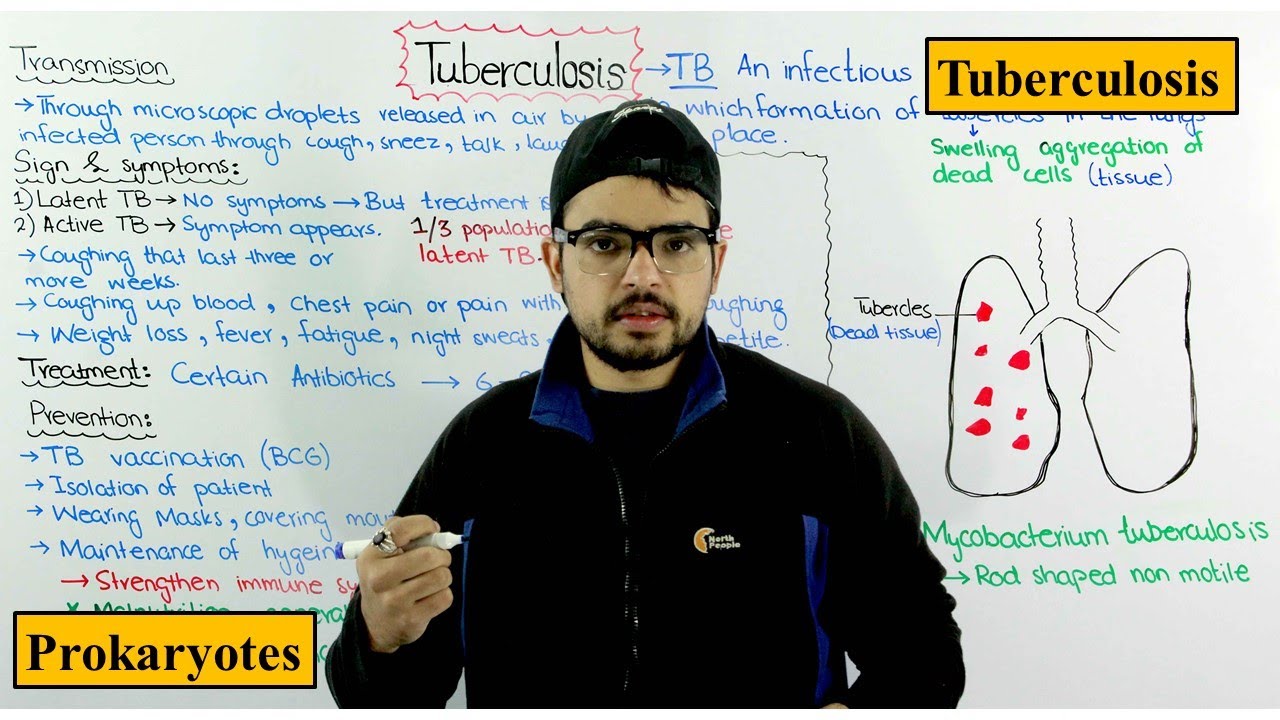
Tuberculosis (TB) | Causes, Treatment, Prevention and Transmission | Prokaryotes
- Post author:admin
- Post published:October 7, 2021
- Post comments:0 Comments
You Might Also Like
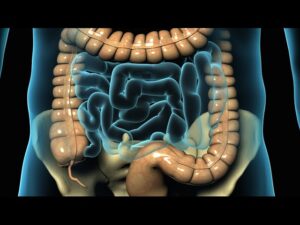
Laproscopic Surgeries Video – 2

2D Echocardiogram – Testing for Heart Health

World’s Best Fish Oil Capsule | WOW Omega – 3 Fish Oil Capsule Supplement Review in Hindi

Anaerobically Meaning

Maruti Suzuki Ertiga LE | #TogethernessIsTheNewStyle | Video 4

Glutamine: Health Benefits & Muscle Recovery- Thomas DeLauer

Nutrilite Omega 3: Essential fatty acids from four fish sources
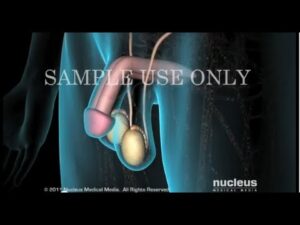
HGH, Growth Hormones & Plant Hormones Video – 48
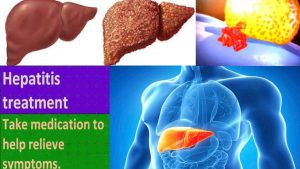
This is how hepa-titis C is treated and even cured forever

Islamic Nutrition Laws Video – 2
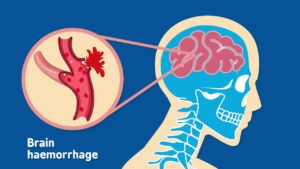
What is a head injury?

Fat Loss, Weight Loss Video – 14

How to Do a Crunch | Ab Workout

Pre Workout Drink | LEAN MODE by Guru Mann | Health and Fitness

What is Jaundice in Newborns?

Sleep & Insomnia Nutrition Video – 2

ESR KIT – SR Tip – Used To Remove Fractured Screw

Bowflex® Bodyweight Workout | Five-Minute Cardio Blast Workout
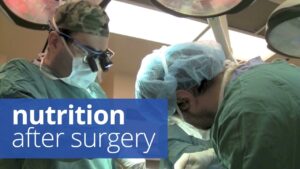
Post Operative Nutrition Video – 1

Intense No Equipment Upper Body Workout – At Home Upper Body Strength Without Weights
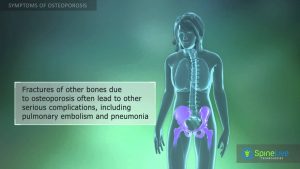
Оsteoporosis Symptoms

What Is Endurance? – Whiteboard Wednesday

FLUORIDE : Thyroid Hormones 8 / 20

No Bull BCAA Tablets by Raw Barrel Supplements (Best BCAA Tablets/Pills?)

What Is a Normal Blood Sugar Level? | Dr.Berg

Brain Injury Medicine Video – 2

Male Reproductive System: Functions, Organs and Anatomy

Epidemiology Video – 3

Crazy 400m sprint

Massage Spa Video – 3

RHMD Advanced Cardiac Lipid Profile

ओमेगा 3 क्या होता है और कैसे इस्तेमाल करे | Omega 3 Fish oil Benefits | In 2019 | In Hindi

Post Workout Meal: Best Carbohydrate Food Choices for Optimal Recovery | Charles R. Poliquin

PROYOUNG International | Essential Antioxidants | Cellular Nutrition | Dr. Naaznin Husein

Preacher Pulley Curl-4

TUBERCULOSIS Signs and Symptoms

WHEY PROTEIN | SIDE EFFECTS, DANGERS & BENEFITS

What Is Vitamin B6? | Vitamins

Vitamins, How They Work

What is Osteoporosis?

Diet Plan for Diabetes Management-Part 1

